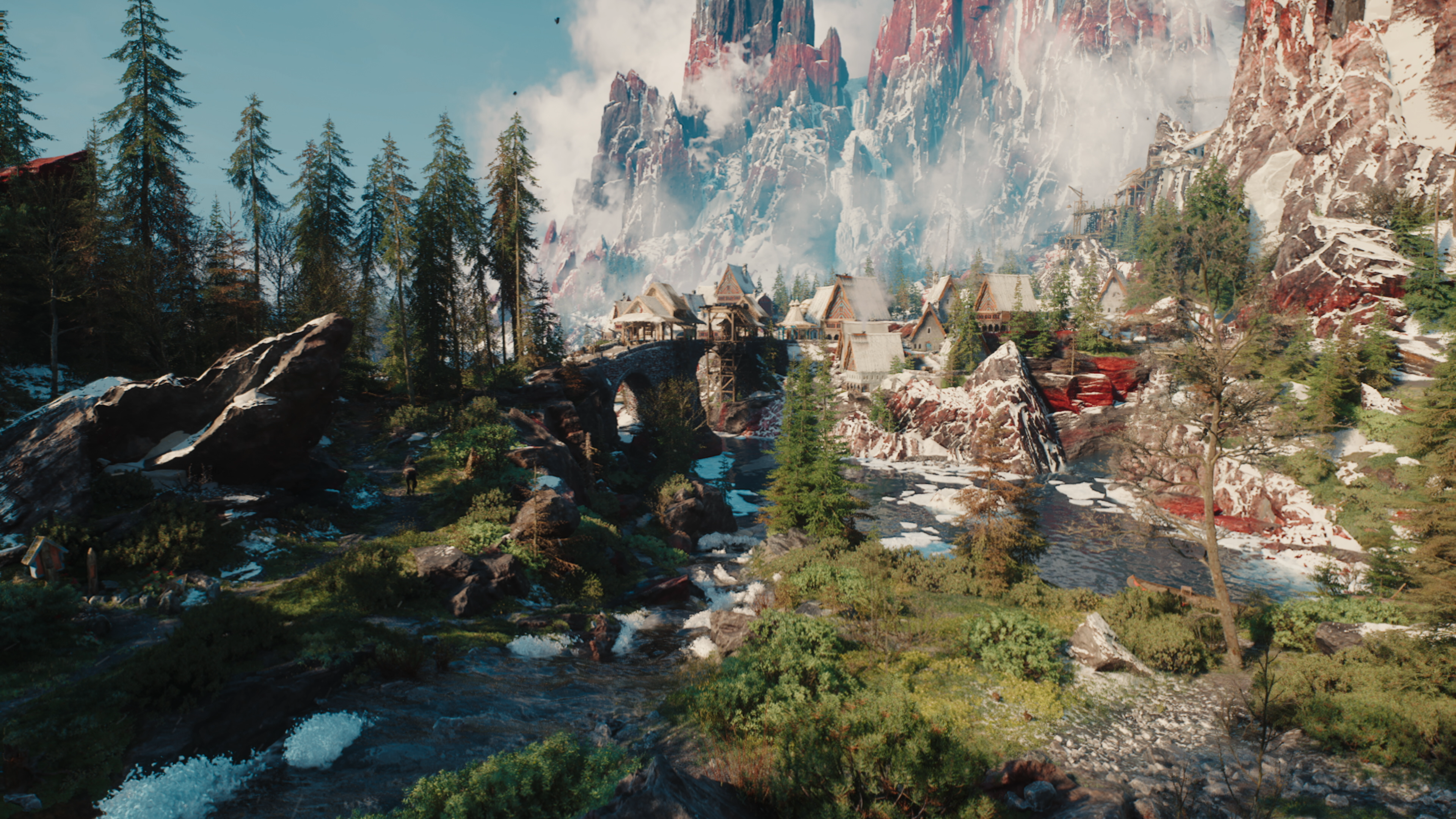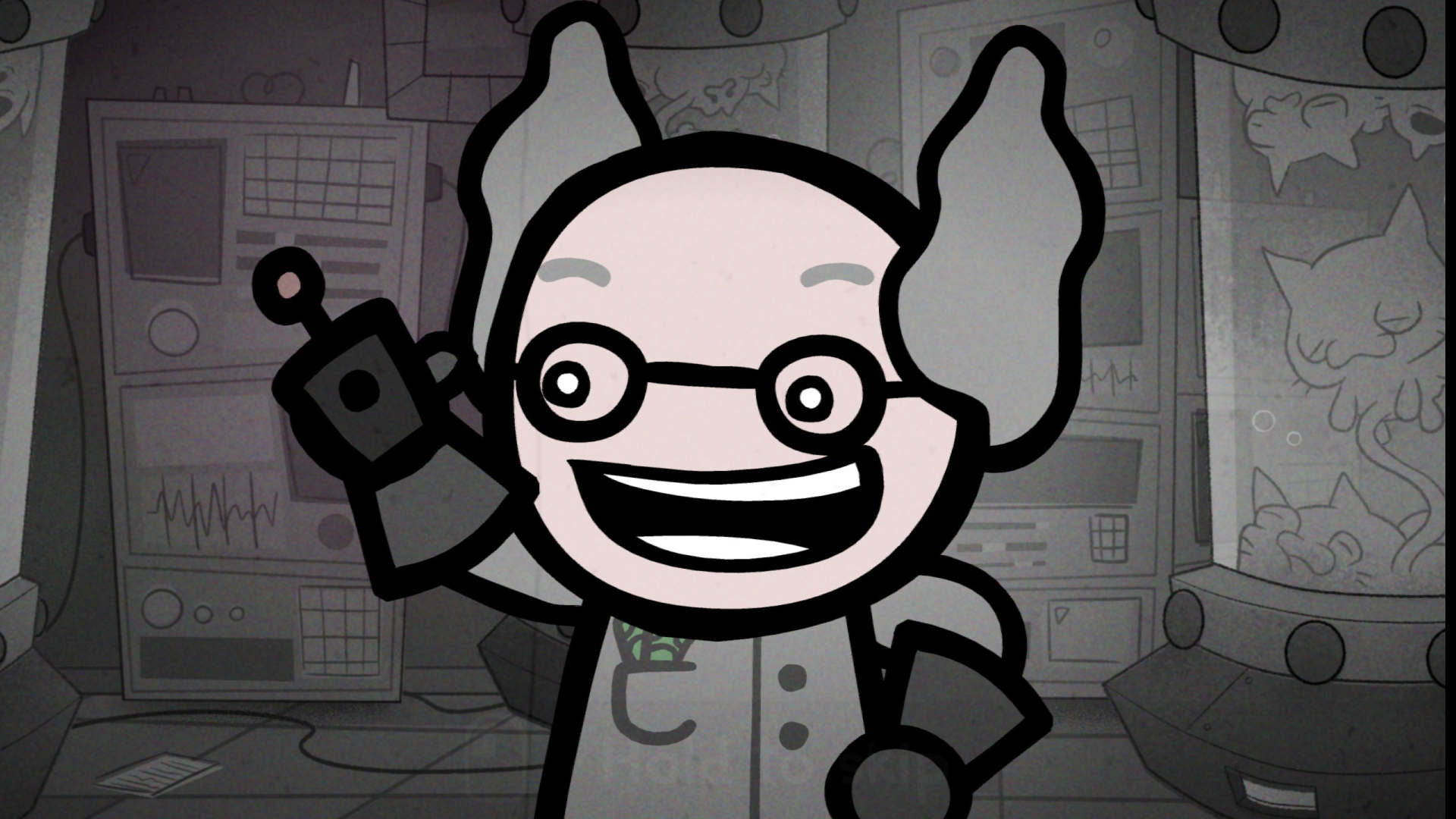The Witcher 4 is learning lessons from CDPR's past: no fetch quests, an eye on Cyberpunk 2077's fan-favorite characters, and devs who "care about the art we're making"
Interview | Narrative director Philipp Weber opens up on the importance of consequences and "trusting your gut" when it comes to storytelling
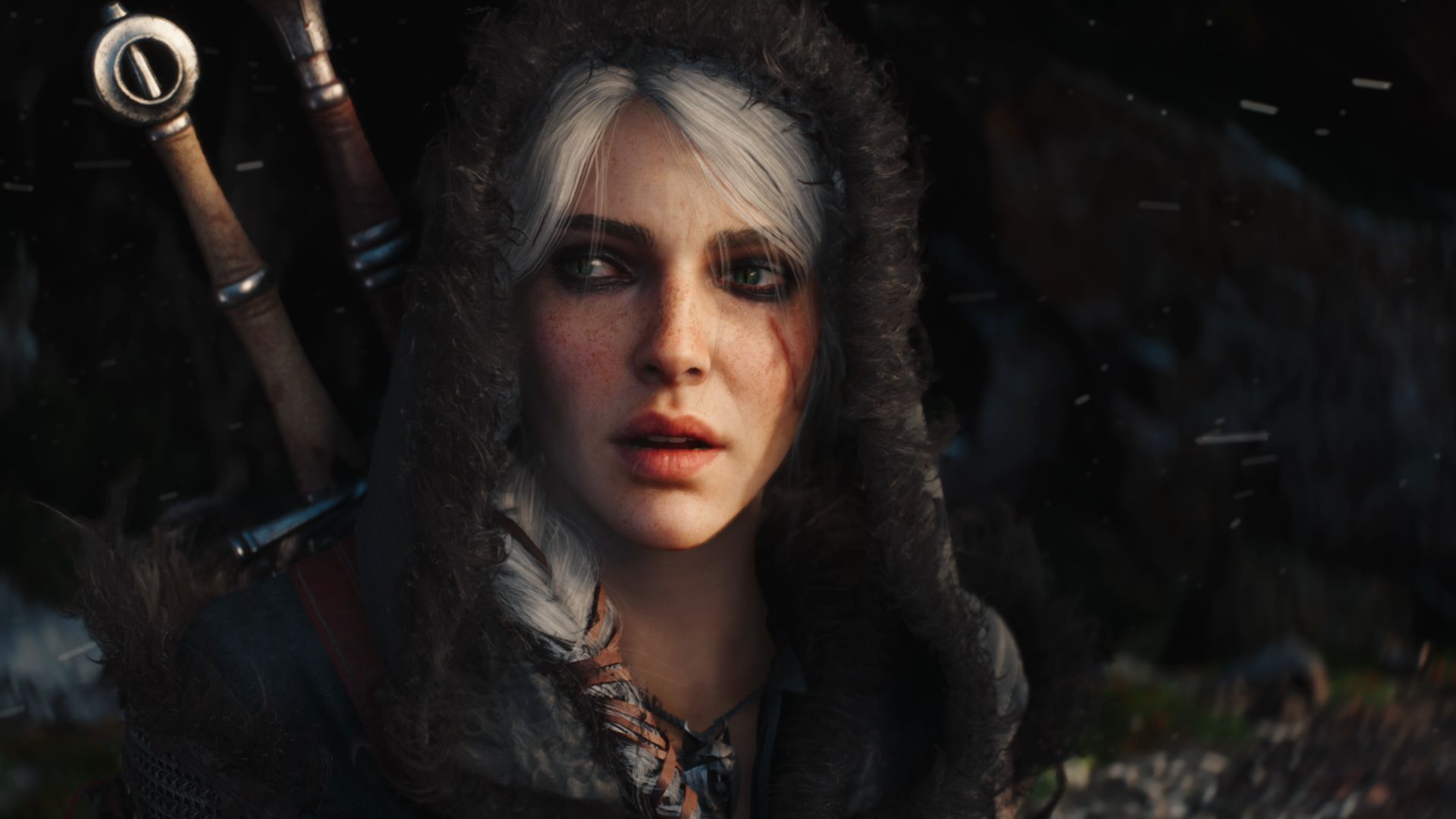
Weekly digests, tales from the communities you love, and more
You are now subscribed
Your newsletter sign-up was successful
Want to add more newsletters?

Every Friday
GamesRadar+
Your weekly update on everything you could ever want to know about the games you already love, games we know you're going to love in the near future, and tales from the communities that surround them.

Every Thursday
GTA 6 O'clock
Our special GTA 6 newsletter, with breaking news, insider info, and rumor analysis from the award-winning GTA 6 O'clock experts.

Every Friday
Knowledge
From the creators of Edge: A weekly videogame industry newsletter with analysis from expert writers, guidance from professionals, and insight into what's on the horizon.

Every Thursday
The Setup
Hardware nerds unite, sign up to our free tech newsletter for a weekly digest of the hottest new tech, the latest gadgets on the test bench, and much more.

Every Wednesday
Switch 2 Spotlight
Sign up to our new Switch 2 newsletter, where we bring you the latest talking points on Nintendo's new console each week, bring you up to date on the news, and recommend what games to play.

Every Saturday
The Watchlist
Subscribe for a weekly digest of the movie and TV news that matters, direct to your inbox. From first-look trailers, interviews, reviews and explainers, we've got you covered.

Once a month
SFX
Get sneak previews, exclusive competitions and details of special events each month!
The Witcher 4 is a long way off, but one day we'll look back on this waiting period as if it happened in the blink of an eye. Just look at The Witcher 3, which had the audacity to turn 10 this year despite 2015 perpetually feeling like yesterday. To celebrate that anniversary, I recently caught up with two of its creators to discuss The Witcher 3's creation and CD Projekt Red's knack for killer side quests.
One of those creators, then-quest designer Philipp Weber, is now The Witcher 4's narrative director. Weber knows how high expectations for the RPG are – after all, it's his job to bottle lightning once again – and although we mostly spoke about The Witcher 3, the conversation steered into how a decade of lessons have helped to shape its follow-up.
Winds howling
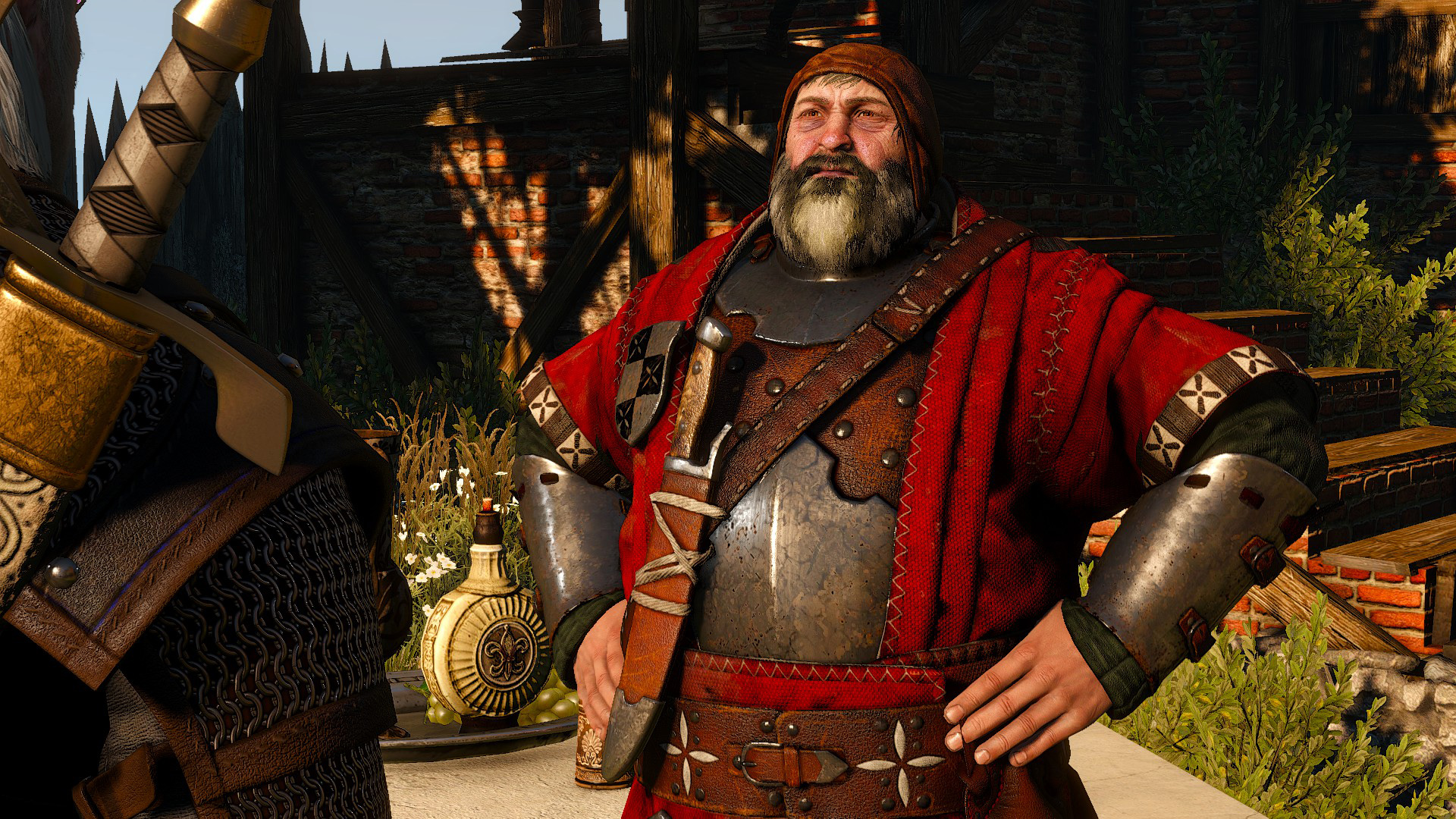
While CDPR has grown significantly over the last decade, Weber says the studio's original philosophy – "to let people care about what they're doing" – remains in place.
"We don't want to have team members whose job is, you know: 'Place the trigger. Now place the next trigger. Don't think about what you're doing'. I want every team member to want to make the best game possible, and truly care about the art we're making."
"Part of that is you have to feel ownership," adds Weber. "There's a careful balance. As narrative director, [my job is] to have a very direct vision that the team is supposed to execute, but also, [I shouldn't] look at the hands of the team too closely.
"I think as a quest designer, from my leads and directors I had on The Witcher 3, that was an amazing balance. I knew what they wanted, but at the same time I still got to be creative and feel ownership. This is something I really like to keep around."
For The Witcher 4, Weber maintains that one rule has stayed in place since his days on The Witcher 3: no fetch quests. It's something Weber was told during his very first task at CDPR (throwing quest ideas into a Gdoc), and part of the reason why the studio's bar for storytelling is so high. CDPR doesn't shy away from tough topics – just look at The Witcher 3's Bloody Baron, or even developers within the studio feeling uncomfortable about Cyberpunk 2077's Sinnerman quest line – and even an optional 10-minute story can carry the same weight as major narrative beats.
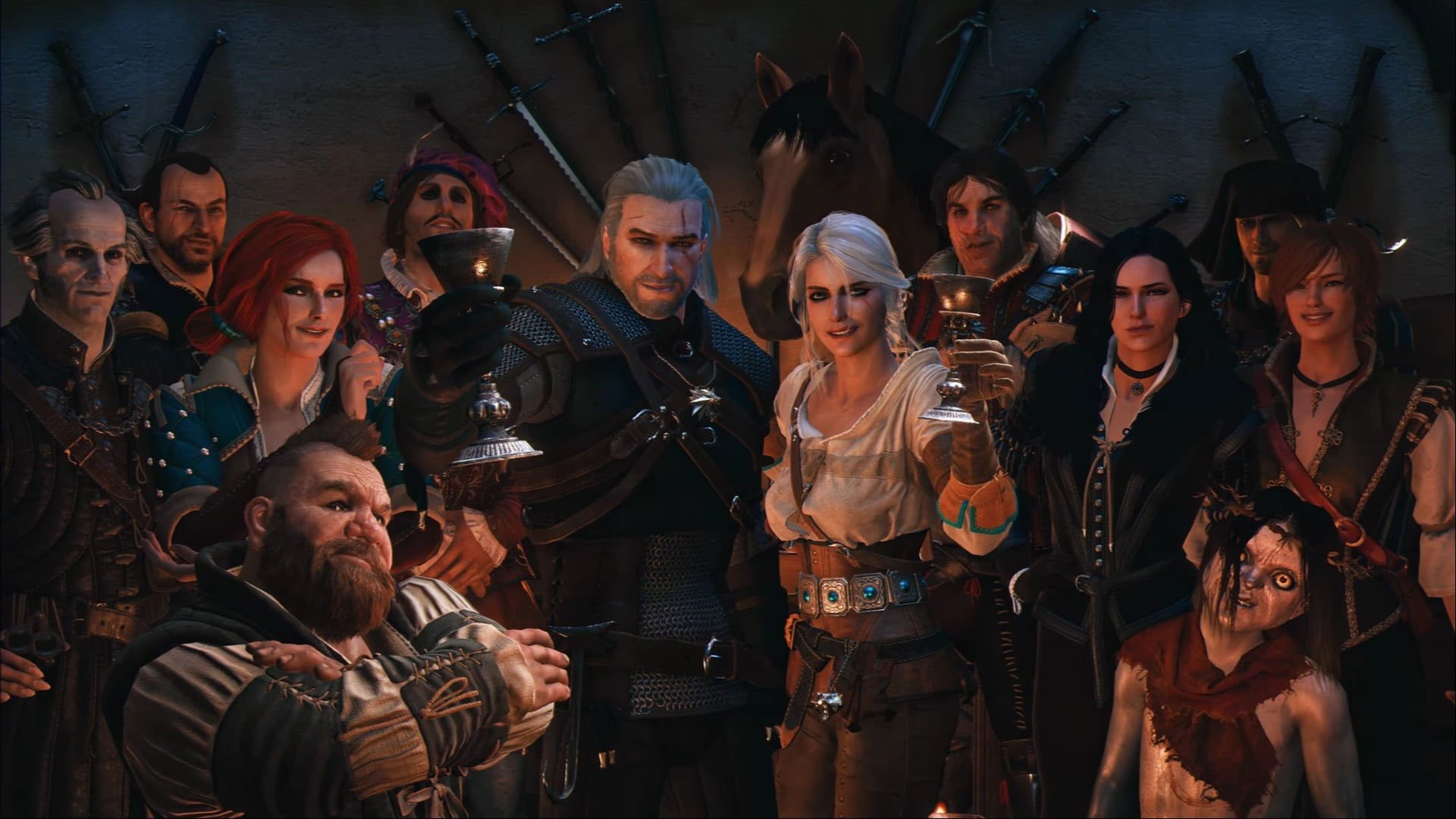
Choice and consequence is one of the standards that we have and want to uphold.
Philipp Weber
"A quest has to be something interesting," says Weber. "I have to feel, as a player, that if I played that quest, my time was well spent and not just spent. I was busy doing stuff, and didn't think about work or taxes. I experienced a story, or something else that was worth it. That basic rule is still there 100%."
On the topic of quests, are there any specific lessons – whether from Cyberpunk 2077 or The Witcher 3 – that are being carried into The Witcher 4? "All of them," laughs Weber. Specifically, he believes it's important to maintain a balance between "basic rules" on storytelling and "trusting your gut". For the team, that means keeping in mind how you're "supposed" to plot out an act, for example, while not being afraid to deviate from traditional guidelines where necessary.
"We're never a slave to these kinds of things," he explains, pointing to the 'correct' way of writing a story. "In a lot of contemporary storytelling, people got a little bit too good at following the exact rules. A lot of stuff became pretty same-y, and you get like… 'Yes, that's how a character arc is supposed to work'. But then you can sometimes just follow your gut.
"Is this a scene that doesn't have a big narrative [reason] to be there, but I want to see it as a developer and that's why I assume a player also wants to see it? Does it feel good? Does it feel powerful? This is something I really carry with me, to really keep that middle part."
Weekly digests, tales from the communities you love, and more
Reflections

We learned a lot on Cyberpunk – how we did these things, how to make those people feel real and tactile
Philipp Weber
It all comes back to The Witcher 3, as Weber credits his peers for helping to hone that instinct during Wild Hunt. "That was the best game design school I could have imagined," he explains. "Most of the good lessons we learned on The Witcher 3, we want to use on The Witcher 4."
As narrative director, that means trying to honor what made The Witcher 3 work while still leaving room to move the series forward. "Sometimes we have new things – you know, new features – but the core stuff? It's the same philosophy," says Weber. He admits that some of The Witcher 4's development has been about "remembering lessons from The Witcher 3 that maybe we even forgot, or changed a little bit," and points to its knack for hard-hitting consequences as an example.
"We want to make sure that when we have consequences, there really is a good reason for the player to see them. Sometimes in the past we would try to be very subtle and very naturalistic about consequences because often a character doesn't tell you 'Well, I'm doing this now because you said this two hours ago'. That can feel unnatural, so we try to avoid that, but the result is that then for a lot of people it's invisible that this is a consequence at all."
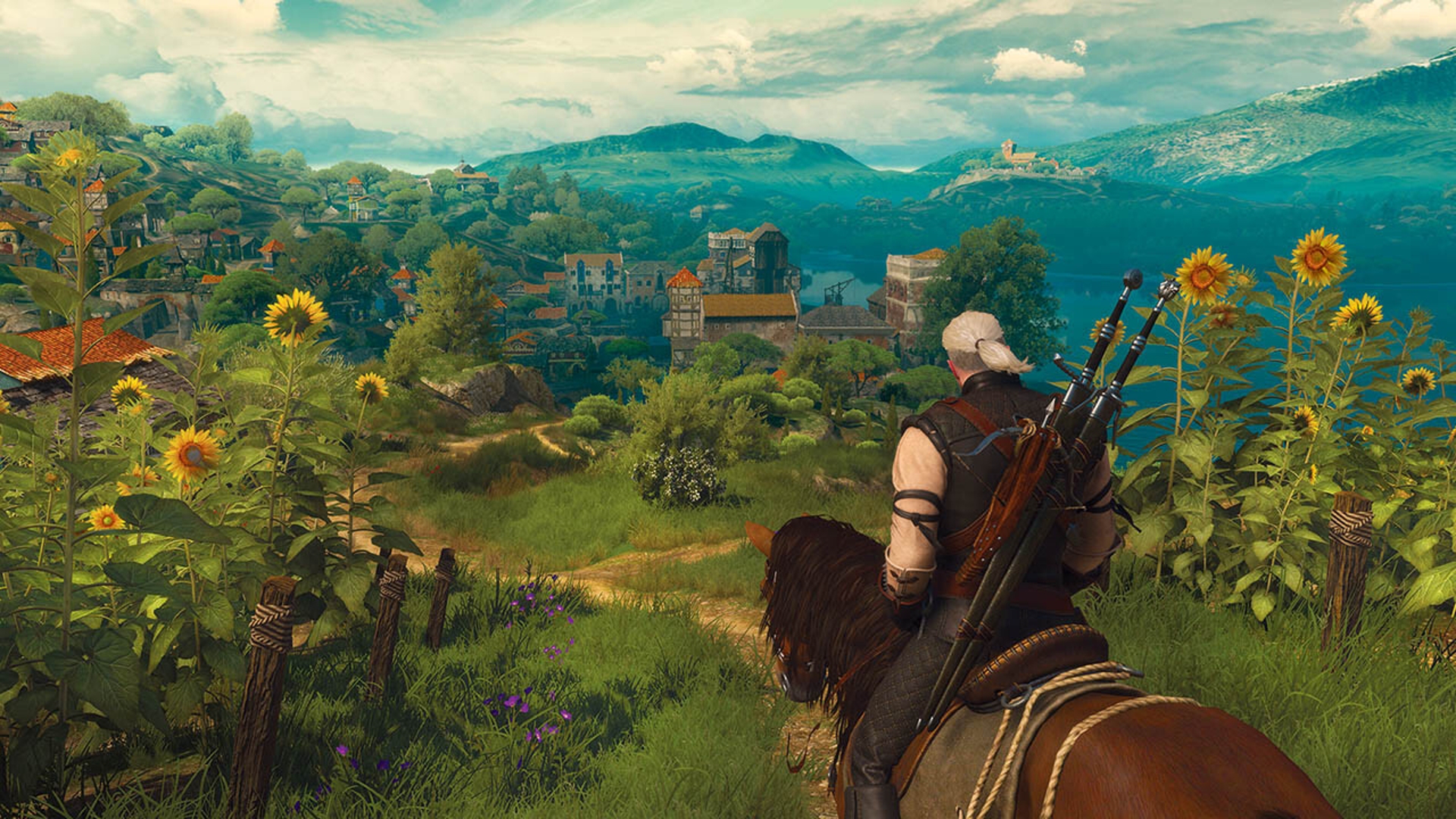
In a lot of contemporary storytelling, people got a little bit too good at following the exact rules.
Philipp Weber
"In The Witcher 3 we had a very good balance of still being natural about it, but usually you always knew when there was a consequence for your actions," Weber continues.
"That's an example of a lesson where we looked back at The Witcher 3 and said 'OK, we have to be able to hit that one again', because choice and consequence is one of the standards that we have and want to uphold, and I think The Witcher 3 did it perfectly."
The Witcher 4 has also taken lessons from Cyberpunk 2077, but Weber keeps those a little closer to his chest. "It's difficult to say what specifically, because that might get into spoiler territory and then I think I'm going to get killed," he says, laughing. "But as an example: the way we did characters in Cyberpunk – you know, [players] joining them on their journeys like with Judy, Panam, River, Takemura? This is something that, in terms of storytelling, we're really proud of. We learned a lot on Cyberpunk – how we did these things, how to make those people feel real and tactile, [and these are] things we've learned and try to carry forward."
While Weber understandably can't say much about The Witcher 4 (perhaps CDPR really does enforce its NDAs with a hitman) the approach he outlines is music to my ears. There's a reason we're still buzzing about The Witcher 3 a decade later – there's a depth and consistency to its quests that's rare even across the best RPGs – and if The Witcher 4 can bottle so much as a crackle of that lightning again, I suspect we'll still be talking about when that turns 10, too.
Feast your eyes on all the killer upcoming PS5 games we're waiting patiently for, from The Witcher 4 to GTA 6

Andy Brown is the Features Editor of Gamesradar+, and joined the site in June 2024. Before arriving here, Andy earned a degree in Journalism and wrote about games and music at NME, all while trying (and failing) to hide a crippling obsession with strategy games. When he’s not bossing soldiers around in Total War, Andy can usually be found cleaning up after his chaotic husky Teemo, lost in a massive RPG, or diving into the latest soulslike – and writing about it for your amusement.
You must confirm your public display name before commenting
Please logout and then login again, you will then be prompted to enter your display name.
